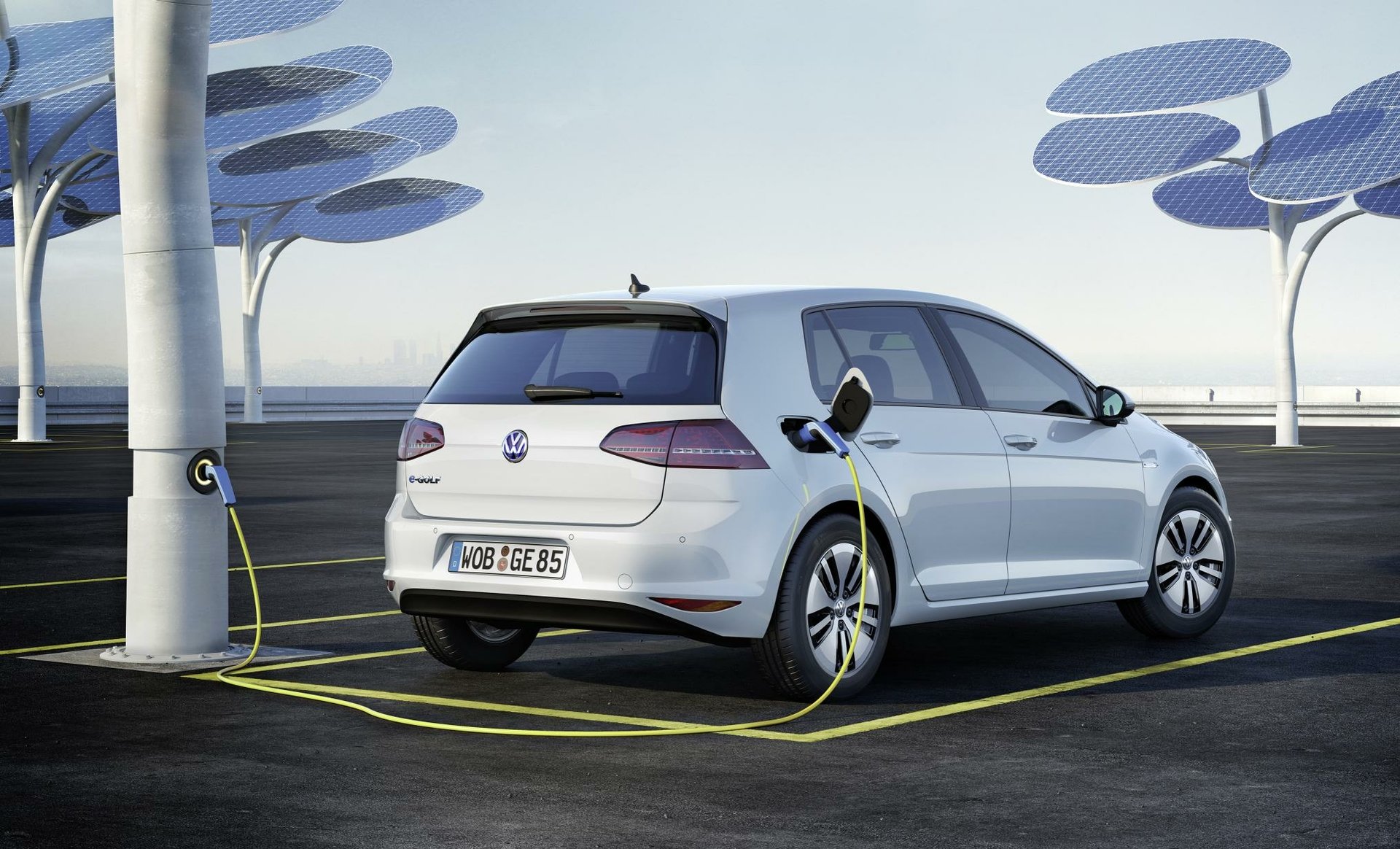Curious about environmentally friendly transportation options beyond electric cars? Delve into the world of sustainable mobility with this comprehensive guide on “Alternatives To Electric Cars.” Discover innovative and eco-conscious solutions that cater to diverse preferences and environmental concerns.
Navigating the Landscape: Understanding Alternatives To Electric Cars
Diverse Eco-Friendly Transportation Options
1. Hydrogen Fuel Cell Vehicles
While electric cars dominate eco-friendly discussions, hydrogen fuel cell vehicles offer a unique alternative. These vehicles generate electricity through the chemical reaction between hydrogen and oxygen, emitting only water vapor as a byproduct. Hydrogen fuel cell vehicles provide longer ranges and quicker refueling times compared to traditional electric cars.
2. Biofuel-Powered Vehicles
Biofuels, derived from organic matter such as crops or waste, present a sustainable alternative to conventional gasoline. Flex-fuel vehicles can run on a blend of biofuels and gasoline, reducing dependence on fossil fuels and mitigating environmental impact.
3. Compressed Natural Gas (CNG) Vehicles
Compressed natural gas is gaining popularity as a cleaner alternative to traditional fuels. Vehicles powered by CNG emit fewer greenhouse gases and pollutants, contributing to improved air quality. CNG is particularly common in fleet vehicles, public transportation, and heavy-duty trucks.
Benefits and Considerations of Alternatives To Electric Cars
The Advantages:
- Diverse Options: Alternatives cater to different preferences, offering a range of eco-friendly choices for consumers.
- Reduced Dependency on Electricity: Some alternatives alleviate the strain on electricity grids, providing energy diversity.
- Reduced Carbon Footprint: Each alternative contributes to lowering carbon emissions, promoting environmental sustainability.
Considerations to Keep in Mind:
- Infrastructure Challenges: Some alternatives may face infrastructure challenges, such as limited refueling stations or availability.
- Cost Factors: The initial costs of alternative vehicles or infrastructure may vary, impacting their widespread adoption.
- Public Awareness: Raising awareness about alternative options is crucial for encouraging their acceptance and use among consumers.
Read too: A Step-by-Step Guide to Effortlessly Install Electric Car Charger at Home
Exploring Innovative Technologies
1. Solar-Powered Vehicles
Solar-powered vehicles harness energy from the sun to generate electricity. While not as common for daily transportation, solar-powered cars are gaining attention for their potential in reducing dependence on traditional power sources.
2. Human-Powered Transportation
Pedal power is making a comeback with human-powered transportation options like bicycles and electric-assist bicycles. These alternatives promote physical activity while offering a sustainable mode of commuting for short distances.
3. Autogas (LPG) Vehicles
Autogas, or liquefied petroleum gas (LPG), is a cleaner-burning alternative to gasoline. Vehicles running on autogas emit fewer pollutants, contributing to improved air quality.
Conclusion
As the world shifts towards more sustainable practices, exploring alternatives to electric cars becomes imperative. From hydrogen fuel cell vehicles to human-powered transportation, each option contributes to a greener and more eco-conscious future. By understanding the benefits and considerations of these alternatives, consumers can make informed choices that align with their environmental values.
